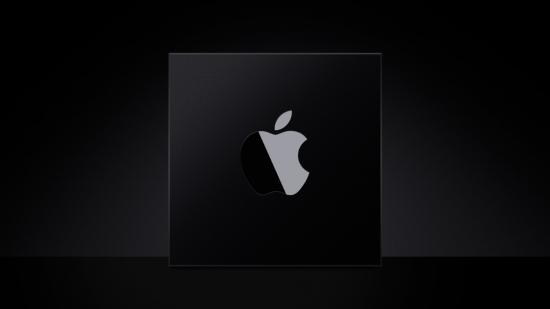Apple is bringing the fight to Intel with it’s upcoming in-house ARM processors, with performance that should rival even the best gaming CPUs, such as the Intel i9-10900K. In case you missed it, Apple recently switched some of its MacBook and Mac Mini line over from Intel processors to its own custom M1 chip, and this has had performance stomping over the previous Intel equivalents.
The 5nm M1 chip found in the new MacBook and Mac Mini is an eight-core design, with four performance and four efficiency cores running at a 3.2GHz clock speed. According to Bloomberg, Apple also has plans to create a powerhouse chip with up to 32 cores that could arrive as early as next year, replacing the Intel Xeon currently available with eight, 18, or even 28 cores if the price of the Mac Pro doesn’t put you off.
Despite being a new processor architecture, Apple’s Rosetta 2 emulation software means you can still run x86-based software on its new chips. Fortunately, this emulation seems to be holding up pretty well, with users and reviewers reporting impressive performance, even beating Intel-based Macs in some x86 benchmarks – we’ve also seen the latest M1 chip running x86-based Team Fortress 2 somewhat clunkily, but with future Apple chips having over quadruple the number of performance cores of the M1, and with time, this experience should improve further.
Bloomberg also notes that these new Apple Silicon chips are expected to come to the MacBook Pro and iMac in late 2021, with possibly 16 performance cores, over the four performance cores we’ve seen in the M1 chip. The best Intel chip you can get in the iMac right now is the i9-10900K, with just 10 cores in comparison. The Mac Pro may not make the switch to Apple Silicon until 2022, with a chip that could have up to 32 performance cores – at which point, all of Apple’s computer range will be Intel-free.
Apple is also working on improved GPUs, which are said to be several times faster than what’s currently available. Apparently, 16 and 32 cores are currently being tested, with the company setting its sights on 64 and 128 cores for the future. A variation of the eight-core M1 chip is also expected trickle down into portable devices, set to appear in next year’s iPad Pro, too.
